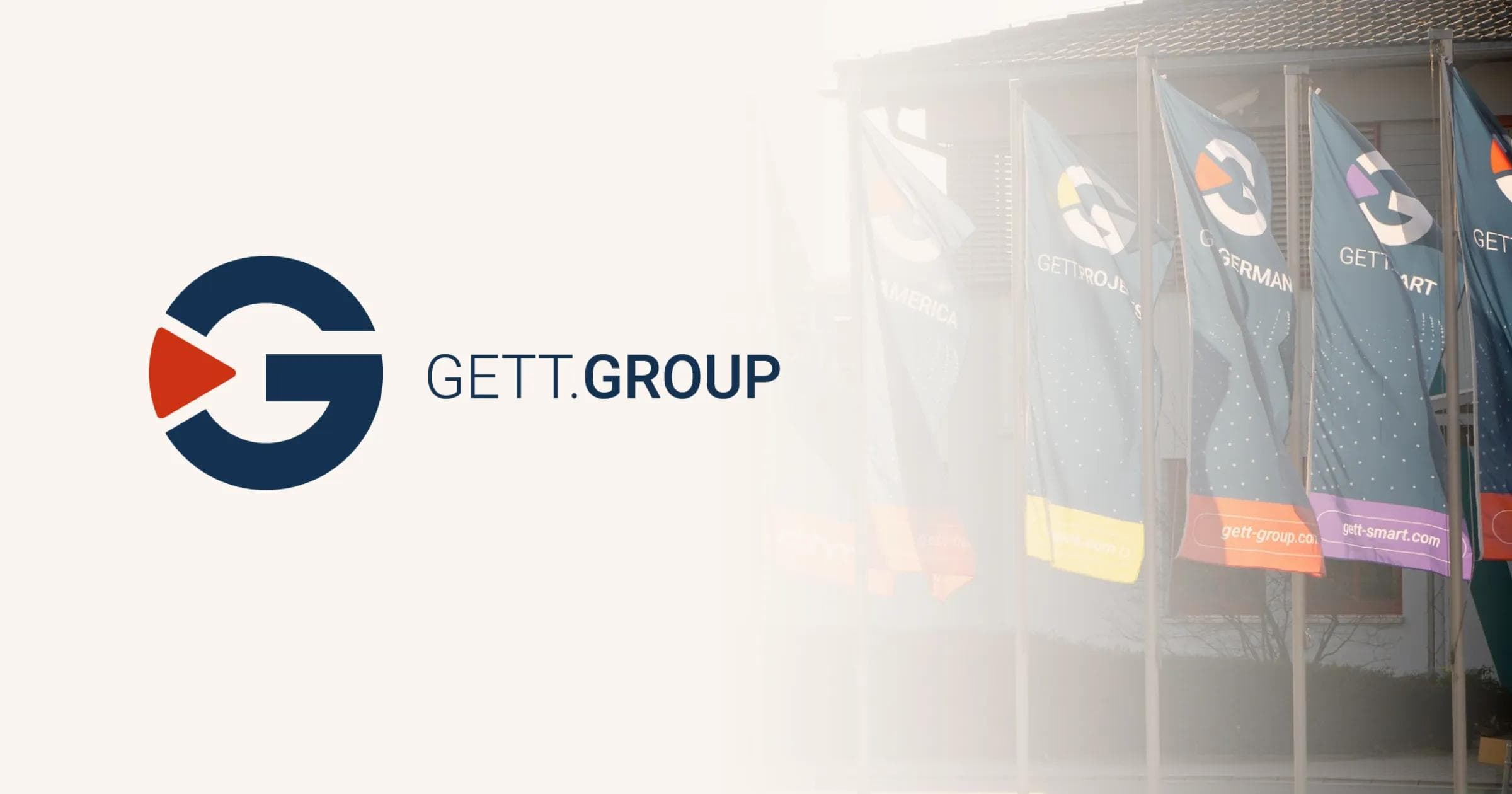From BSC to OKRs: GETT Group's path to agile management

About GETT Group
The GETT Group, founded in 1996, is a leading company in the field of electronics manufacturing. With its innovative operating technology, the GETT Group has become a leading provider of high-quality products and solutions for the industrial, commercial and medical sectors. Its mission is to create intelligent and intuitive human-machine relationships to simplify customer operations and increase efficiency. Headquartered in Treuen, Germany, with additional branches in GETT.AMERICA (Houston, USA), GETT.ASIA (Hong Kong) and GETT.ASIA ASSEMBLY (Shenzhen, China), the GETT Group operates a worldwide network and is represented around the globe.
Talking to Marcel Vettermann, Chief Strategy Officer at GETT Group

Marcel, please introduce yourself briefly. What is your role?
I've been working at GETT since 2012 and have continued to develop. I started out in the position of Head of Sales in the project business. From there, I rose to become Head of the Projects division. Today, I act as Chief Strategy Officer and play a key role in shaping and implementing the corporate and digitalization strategy.
Challenge
Please explain how you came to introduce OKRs. What challenges did you face?
We used the Balanced Scorecard (BSC) as our strategy implementation method for about five years. However, our experience showed us that this method was not effective. There was a lack of focus and acceptance among our colleagues. These challenges led us to look for an alternative method and we decided to introduce OKRs.
What problems or challenges led you to decide to introduce OKR software?
We had already collected all topics in an Excel list during the BSC era, but this proved to be confusing and cumbersome to use. When planning the introduction and implementation of OKR, we wanted to find a more user-friendly solution. Another problem was the lack of an effective method for strategy implementation, which weakened our focus on activities for transforming the business.
Solution and implementation
What criteria did you use to make the decision to use Mooncamp? What was the main reason you chose Mooncamp?
Our decision for Mooncamp was based on several criteria: the high level of user-friendliness, the short training period and the availability of a dedicated expert for OKR. The main reason for our choice was that Mooncamp is simple, clear and user-friendly.
Why don't you tell us a little bit about it? Is your OKR process already running perfectly or are there things you need to optimize further?
Although our OKR process is running well, there are still challenges. Especially for the OKR team, it is difficult to make time for 'Change the Business' activities. We also need to focus on ensuring that the topics from the plans have an effective impact on the strategic annual objectives.
How have employees responded to Mooncamp? Do you have any insider tips for successful integration into everyday working life?
My insider tips for successfully integrating Mooncamp into everyday working life are perseverance, as every change takes time, and the counter question: Which tool is better suited to documenting and tracking all topics relating to OKR? Generally, there are no better alternatives and no one wants to go back to Excel.
How were your employees prepared for using Mooncamp in advance?
We prepared our employees for Mooncamp with a three-pronged approach: We explained why we need Mooncamp, how we use it and what this means in concrete terms for each individual.
Results
How has Mooncamp impacted the overall success of your team?
After our first OKR period, we received positive feedback that we were achieving significantly more with Mooncamp than with the BSC method. Although we lack a direct comparison with another OKR tool, some colleagues still remember the times when we tracked BSC topics in Excel and nobody wants to go back to that method.
Mooncamp allows us to focus better on the OKR topics and spend less time on administration with the OKR tool.
Conclusion
The introduction of OKRs in conjunction with the use of Mooncamp at the GETT Group has led to a significant increase in efficiency in strategy implementation. The move away from the balanced scorecard method in favor of Mooncamp enabled a clearer focus and greater acceptance among employees. This was particularly evident in the improvement in the management of 'change the business' activities and the targeted planning of strategic annual objectives.
The success of the transition is evident from the positive feedback after the first OKR period and the move away from inefficient methods such as Excel for BSC tracking. Mooncamp proved to be essential in improving the handling of OKR topics and reducing the administrative burden. This confirms the importance of a user-friendly and customizable platform for effective strategy implementation and underlines the benefits of a well thought-out tool selection in combination with a clear strategic direction.
